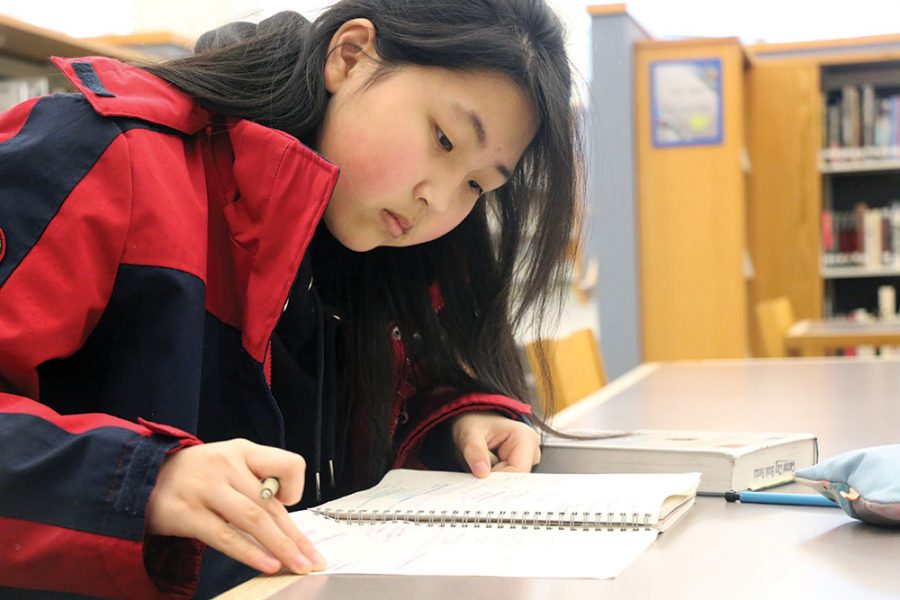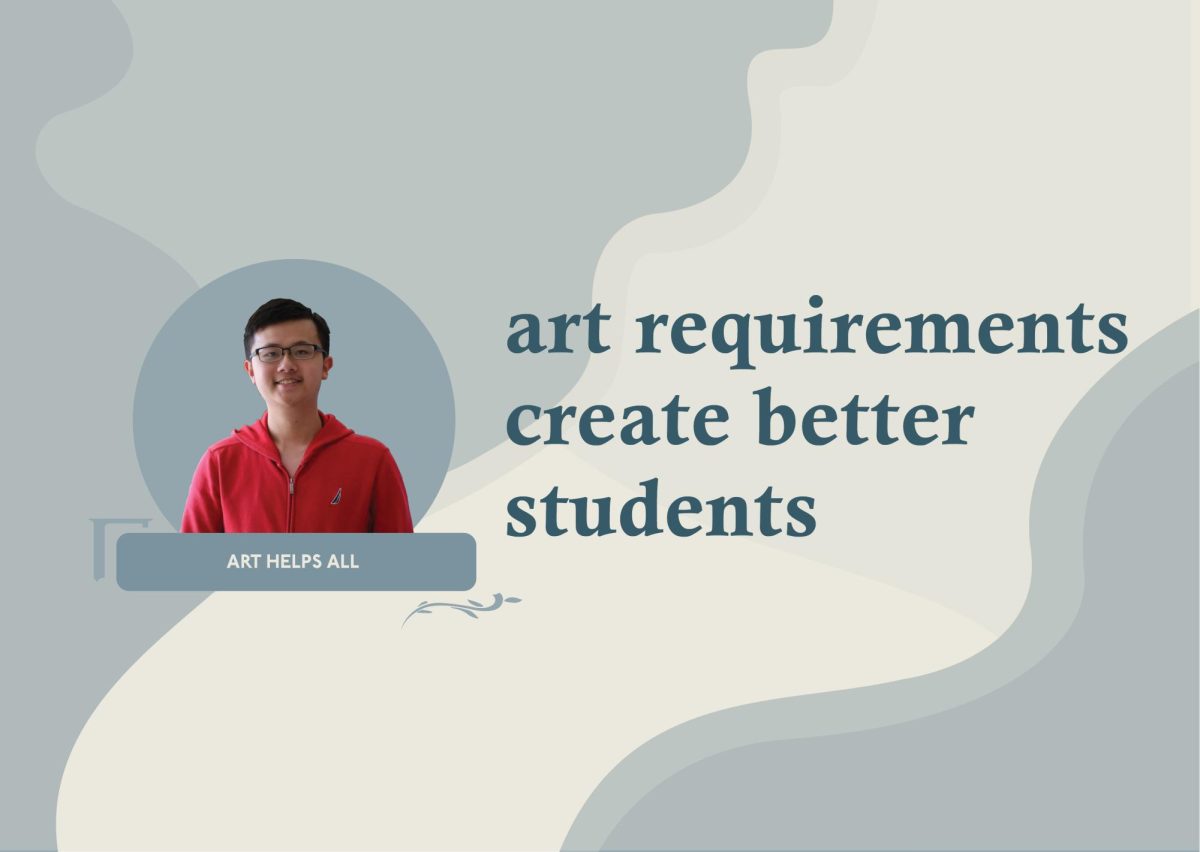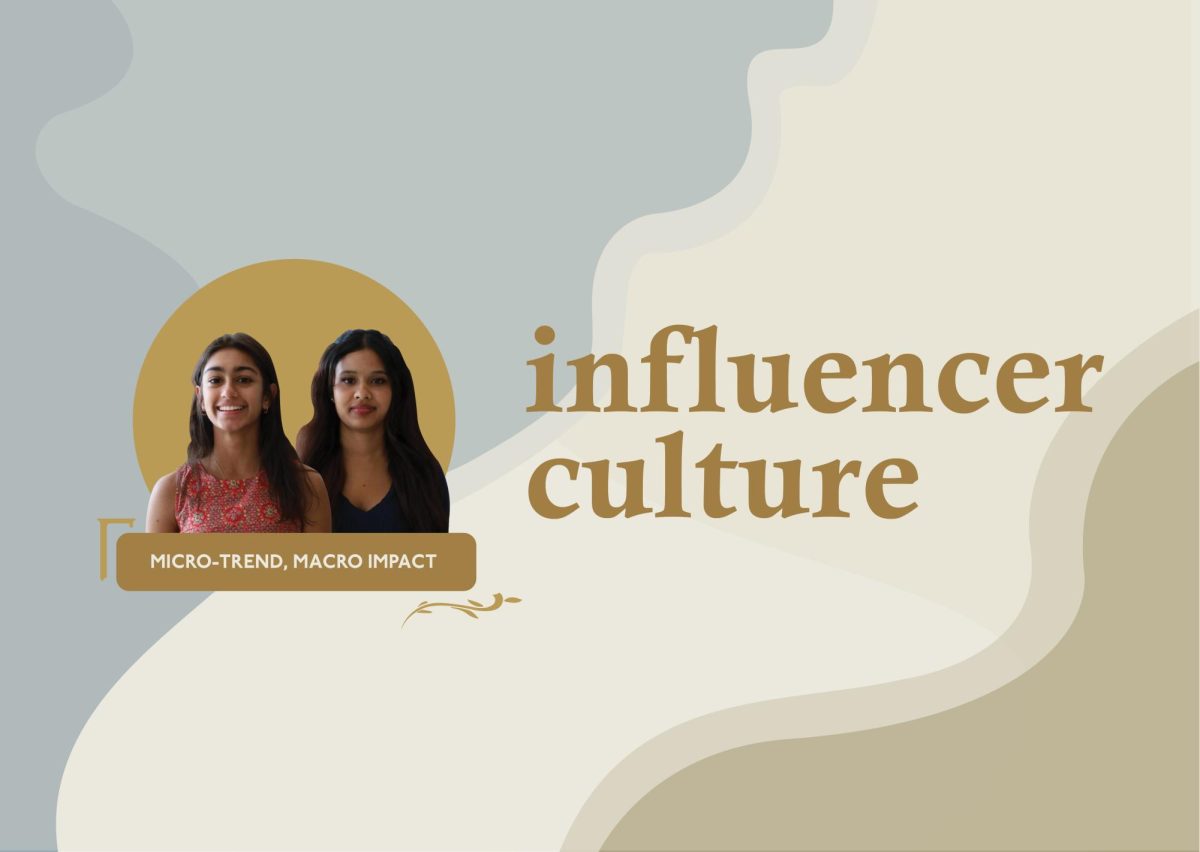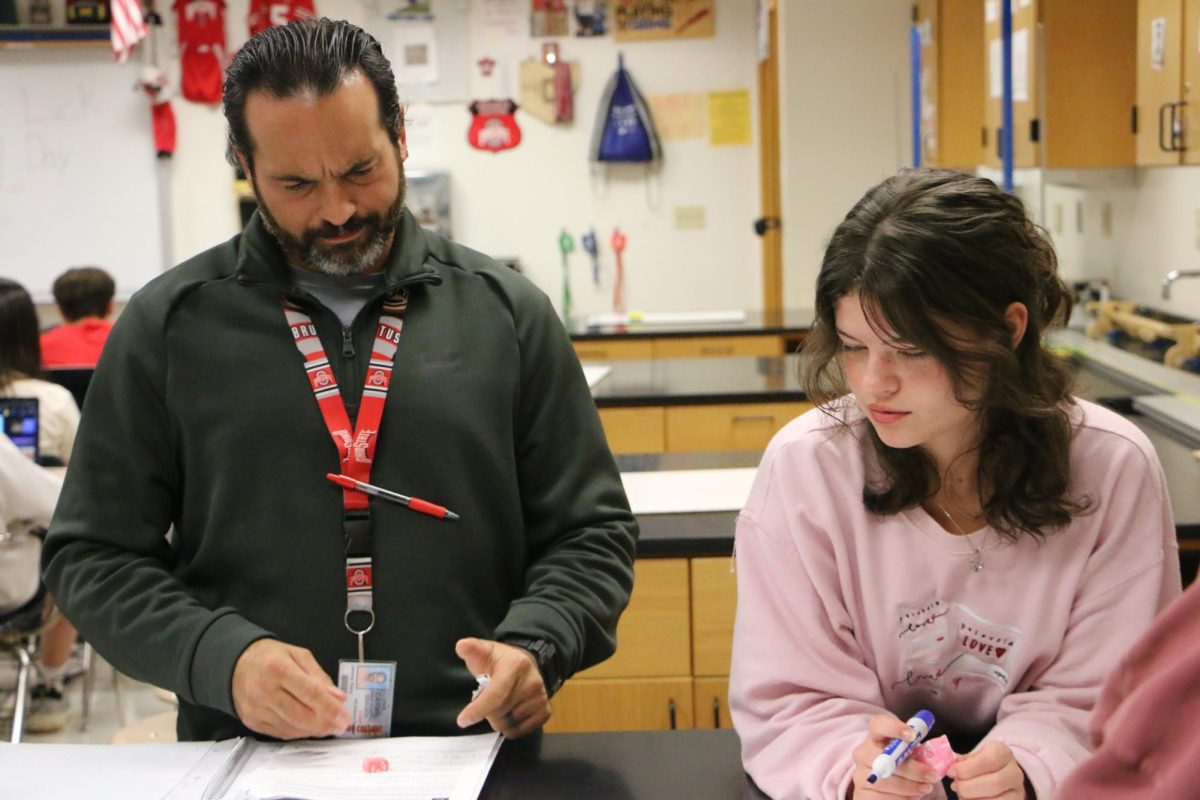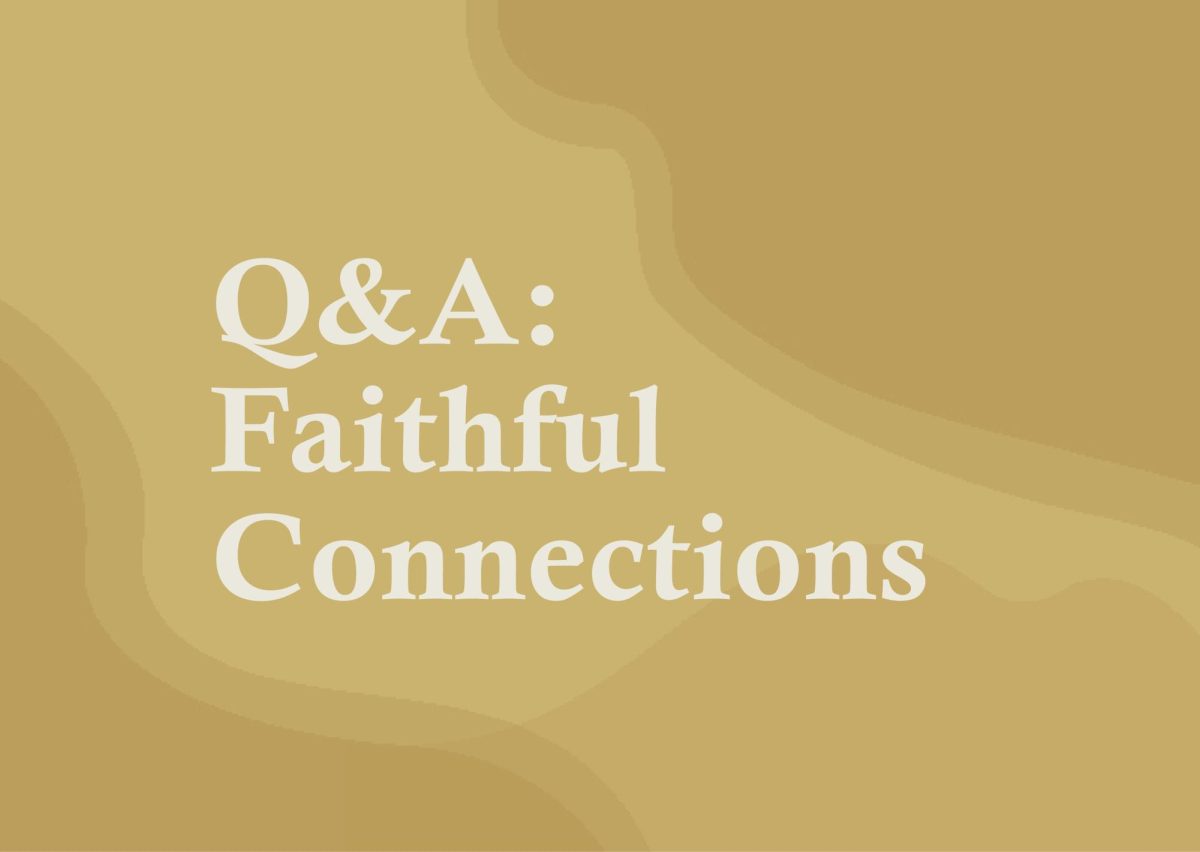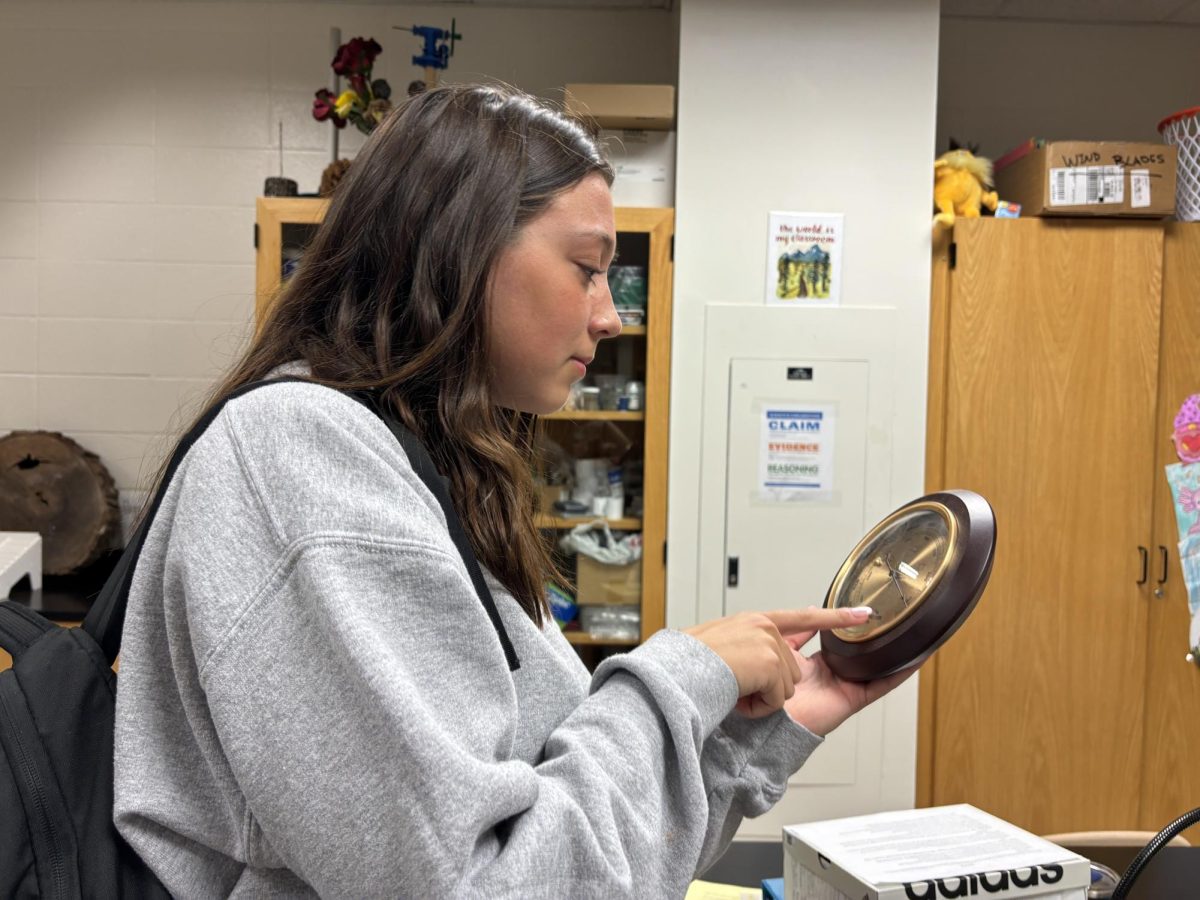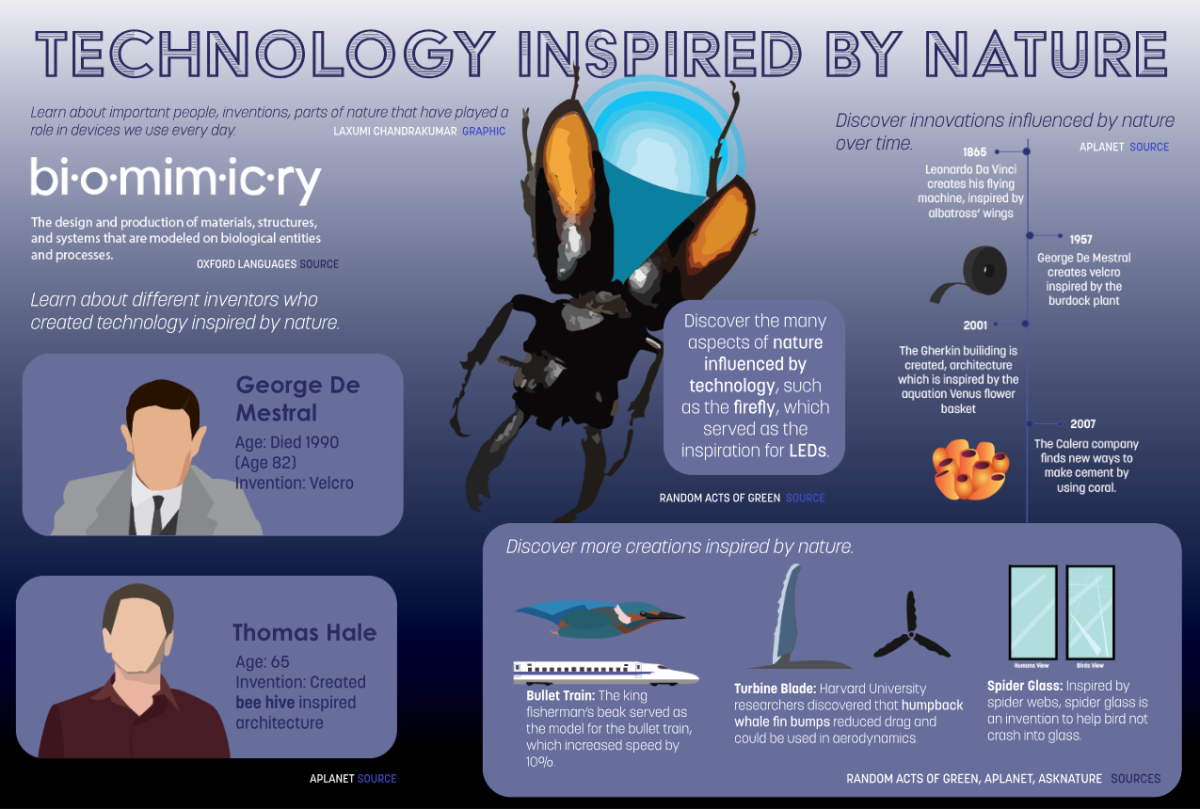(Not) the Model Minority
Freshman Sophia Yang completes her homework during SRT. Yang said the ‘model minority’ stereotype has positives and negatives.
March 12, 2020
Iris Yan, Asian American and senior, said she feels she experiences many Asian stereotypes every day, from attending debate tournaments to participating in chemistry competitions.
“I remember one time when a substitute teacher said, ‘Oh, are you the Asian group that just sits in the back because you already know everything?’ Other times people are like, ‘Oh my god, I beat Iris on a test’ like I’m some unattainable standard. Or, they say, ‘Why are you even worrying? You’re going to get a 100 on this test like you always do,’” Yan said. “And regarding college, people often say things like, ‘Of course you’re going to get in (to Harvard).’”
Today, more and more Asians are influencing society. Yo-Yo Ma, a talented cellist who has won dozens of Grammys, has changed the musical landscape. In the technology field Jensen Huang, CEO of Nvidia, has changed the computer processing world and in politics, politician Andrew Yang, who just ran for president of the United States, has made history for Asian Americans. With this growing influence, one would expect society to have less constrictive views on the Asian American community, but this is far from the truth as Asian Americans still face harmful and detrimental stereotypes every day.
Yan said, “The biggest place where I see these stereotypes is (in) the work Asians put in being smart and doing all the work they do. It is often undervalued because everyone believes that they’re Asian, so of course they’re smart, but there are also those people where some things don’t click for them even though they are Asian and they have to put hours into studying.”
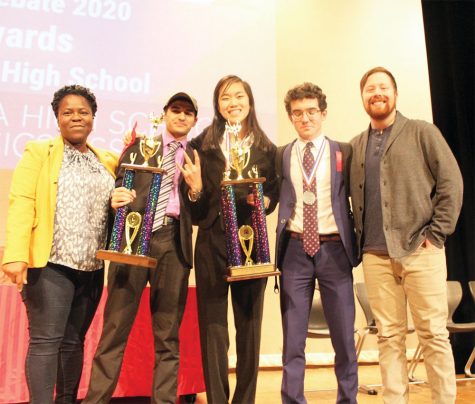
(Left to right) Debate coach Marie Satchivi, seniors Rohil Senapati and Iris Yan, junior Caleb Suhy and debate coach Dylan Gentilcore pose after awards at Debate State.
Yan is not the only one who believes Asian American stereotypes negatively impact Asian Americans in school. According to the New York Times, in 2015, Harvard graduates, students and applicants filed a lawsuit accusing the University of discriminating against Asian Americans in their application process. While federal judges ruled in favor of Harvard, the case raised questions surrounding the issues of race, class and power in American society.
Many students picture Asian Americans as quiet, good at math and high-achieving. However, there are widespread education and socioeconomic disparities among different Asian groups. For example, according to AAPI Data, a website dedicated to gathering demographic data on ethnic groups, 95% of Japanese-Americans are high school graduates, compared to only about 60% of South Asian Hmong, Laotian and Cambodian Americans.
According to Khayti Joshi, professor of education at Fairleigh Dickinson University in New Jersey, stereotypes referred to as “model minority stereotypes” impact Asian Americans the most. These stereotypes imply that all Asians are good at math and science, do well in school, are diligent and don’t cause a ruckus. This makes the implication that other ethnicities should look up to and follow the behavior of Asian Americans.
Joshi said, “(In) 1967, U.S News and World Report, a monthly news magazine, published an article referring to Asians as the model minority and that has stuck ever since.”
This model minority stereotype implies that Asian Americans are students who do well in school and need no educational support due to their cultural values; thus, their educational needs and challenges are often ignored by their teachers and peers.
According to Joshi, the reason why these stereotypes exist comes from the U.S. immigration system.
She said, “After the immigration system was opened up (to non-whites) in 1965, preferences were put in place for those who could immigrate. The first preference was to those who had the ‘Alphabet Soup’ behind their names: The Masters of Business (MBs), PhDs and the Registered Nurses (RNs).”
This led many Americans to believe that people from Asia were all doctors, engineers or professors to this very day.
With these stereotypes comes added pressure. A journal published by Community Health found several common sources of stress that affect the mental health of Asian Americans; these sources included the pressure to live up to the “model minority” stereotype. The group also found Asian Americans felt discrimination based on racial or cultural stereotypes was a significant source of stress, particularly during high school.
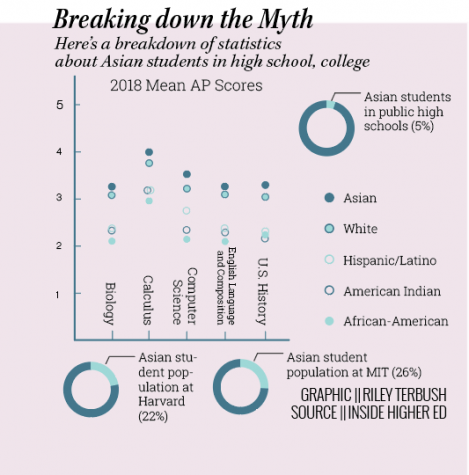
Freshman Sophia Yang said she has mixed feelings about the ‘model minority’ stereotype, “If you’re expected to be good at academics, you’re pushed to. I feel like that’s a positive thing. Of course it can be annoying at sometimes especially when people who are not Asian get upset at you for not knowing something because you are Asian and that’s not okay. But I feel like these stereotypes can help Asian people because they can push you and help you succeed, but at the same time they can be negative and harmful.”
Joshi said, “As a college professor I see the stress (Asian) students have and it’s huge, and we see Ivy League students who committed suicide on the news,” she said. “And we can see the rates of depression among Asians have just been increasing each year.”
Additionally, these stereotypes reinforce the perception that Asian Americans can only be one thing, and in doing so masks a wide range of interests, wants, ideas and opinions within the Asian community.
Freshman Conway Zhang said he has avoided internalizing these stereotypes.
He said, “(After sixth grade) I got used to the stereotypes, so I don’t really have much reaction to them anymore. I just laugh it off. Most people think they know everything about Asians but they don’t really, it’s not like they’ve been to China or anywhere else in Asia.”
Others have countered them.
Yan said, “I feel like I have been able to contradict some stereotypes, especially that Asians are nerdy and antisocial, through debate (club), and so while I can get wrapped up with studying, that is not the majority of my character,” she said. “In general, while people don’t say this to me, I think people are like, ‘Oh, she’s not just a nerd.’”
Looking toward the future, many have initiated change by those who understand the harms of the model minority myth.
Joshi said, “When I work with teachers, we point out these stereotypes and we do activities so that they learn about these stereotypes,” she said. “I’ve been doing this for almost 20 years and I’ve had teachers, administrators and principals tell me, ‘Oh my gosh, I’ve been doing that, and now I know that I shouldn’t be doing it.’”
Despite the educational work undertaken by those like Joshi, Yan said she has mixed feelings about the future for Asian American stereotypes,
“I think the shift is beginning to happen, but there is definitely a lot of stereotypes that need to be fixed. I think part of it is due to the model minority stereotype is largely positive,” she said. “Other stereotypes are usually largely negative, which is why that has more backlash, but I don’t think that makes the model minority stereotype any more okay, because I feel the ones who don’t live up to the stereotype don’t feel good about themselves. In general, I feel like (the future of Asians) does look bright but definitely requires a different approach than what is going on right now.”


